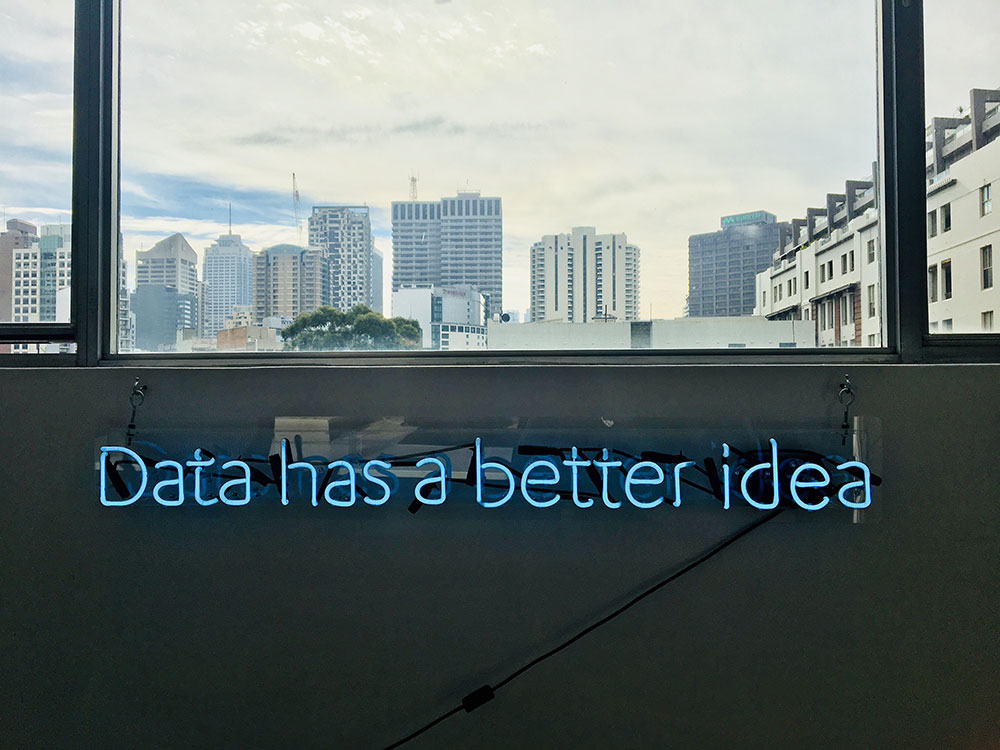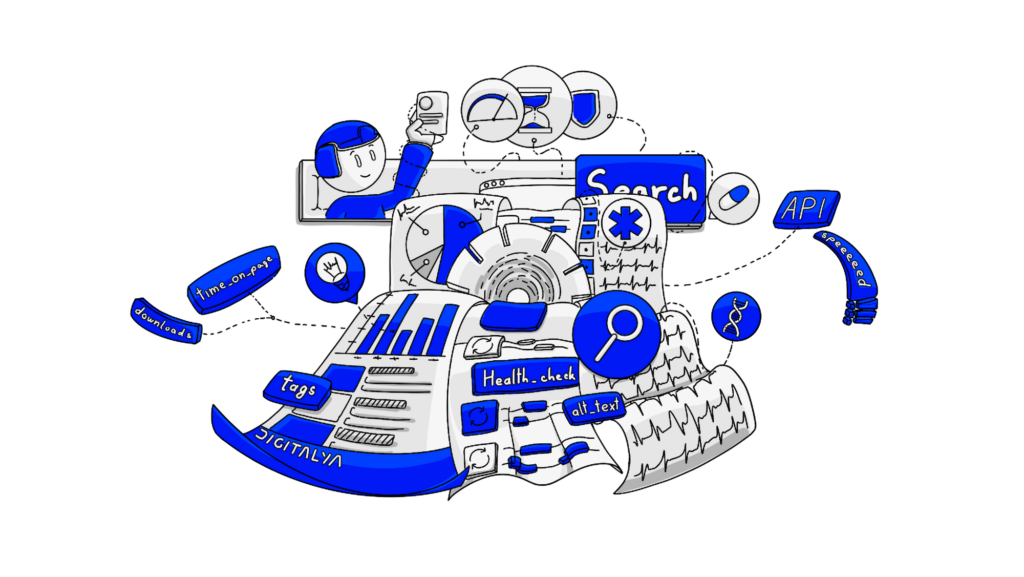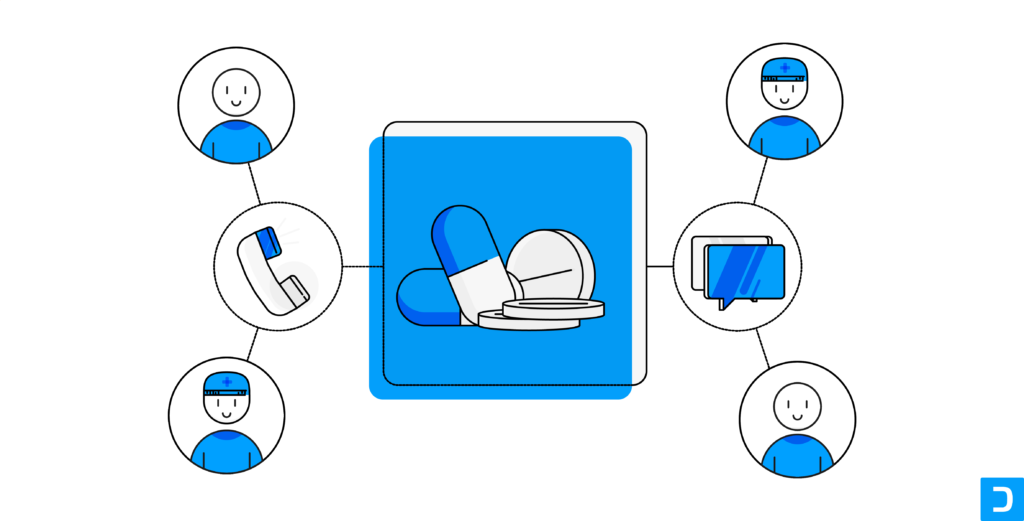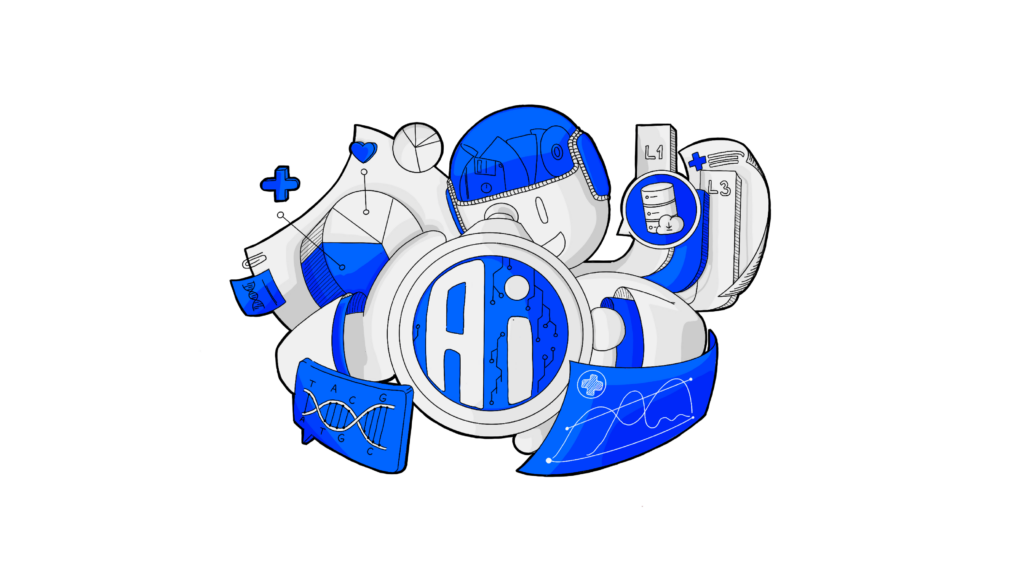Businesses nowadays, from consultancy firms to Smart Factories, face a new kind of challenge: adapting to rapid changes. As a consequence, decision-making becomes a completely new game: entrepreneurs need to decide fast and anticipate an ever-changing economic environment. This is where the Artificial Intelligence impact on business gets interesting.
The general benefits of AI are broadly discussed. Everyone is familiar with Apple’s Siri and Amazon’s Alexa or the movie recommendations on Netflix based on previous views. This is one side of artificial intelligence that addresses the consumer. The other side of the coin is providing business intelligence for decision-making; it is how artificial intelligence helps businesses keep up with the market evolution.
According to a Harvard Business Review analysis, “AI can support three important business needs: automating business processes, gaining insight through data analysis, and engaging with customers and employees.” As they show in the graphic below, it appears that the benefits of artificial intelligence in business revolve mostly around product development.
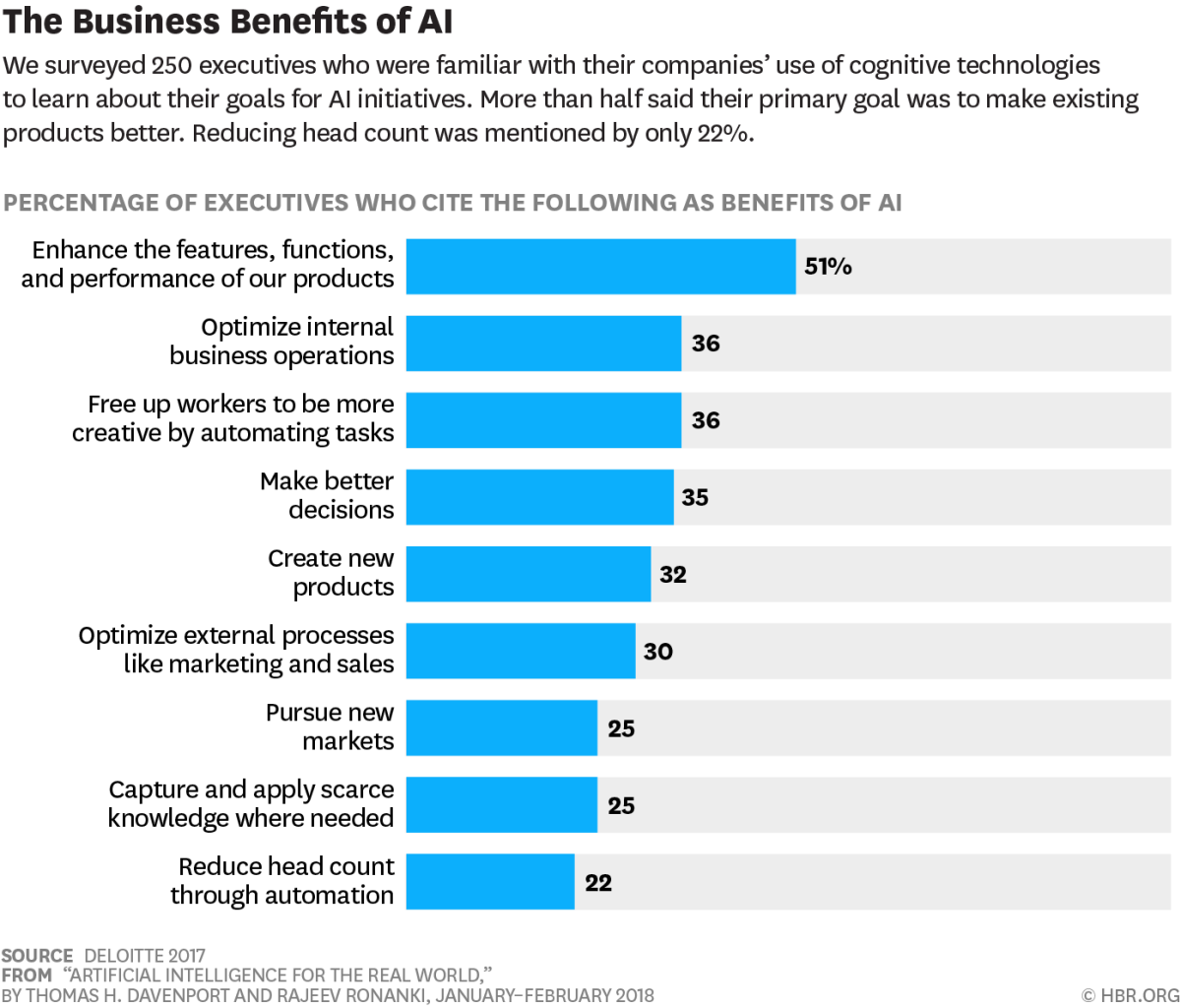
Of course, there is more to AI than product development. Let’s explore how it can help entrepreneurs to better run their companies.
The main uses of AI in business:
Data analysis
Cloud software, Big Data, and Machine Learning for small businesses make it possible for artificial intelligence to offer a broad view of not only the business but also the economic environment. AI significantly reduces the limitations and error occurrence in data collection.
Managers rely on more accurate results and a larger context. Custom-made software based on AI can build financial or sales trends and use case projections based on data history. Suddenly, the road ahead becomes clearer and businesses are less likely to get caught by surprise.
A study conducted by Accenture shows how automation will deliver 80% of the accounting and finance tasks in the following years. This will empower financial consultants to focus more on solutions and making decisions for their clients.
Error prevention
“To err is human,” wrote Alexander Pope in “Essay on Criticism.” Centuries later, humans built algorithms that make sure errors don’t occur, at least not as often. Machine learning empowers computers to deal with repetitive tasks flawlessly.
Smart Factories are a good example of how AI takes an important load off the employees’ shoulders and increases the accuracy of operations. Artificial Intelligence cost savings are not to be neglected. Time wasted on actions that are not core activities is another issue that can be solved by AI. A report on workplace productivity conducted by AtTask and Harris Interactive shows that employees in the U.S. use only 45% of the time for their main duties.
When a company runs smoothly, with the least amount of errors and wasted time possible, it becomes easier to make well-informed, long-term decisions.

Availability
We all got used to getting answers straight away, in just a few clicks. Paying customers expects immediate attention and problem-solving. Managers strive to comply. But as the business grows, it gets harder for the customer care department to keep up. Often, small business managers need to answer customer questions, which distracts them from strategic thinking.
Chatbots are the best-known use case for customer care AI. However, they are still immature and need human intervention. CRM systems based on AI are less known but deliver better results. With the help of machine learning, executives can get fast, accurate lead ranking, persona modeling, or customer lifetime value predictions.
Hire smarter
Imagine a custom-built software that uses AI to identify the right candidates for your company’s culture and values. Hiring processes are now rather slow, inefficient, costly, and waste precious time, not to mention energy. AI-based software runs a thorough analysis of the applicants using the available online data, then indicates the best matches. All this while the manager focuses on core tasks. Artificial intelligence points out the arguments that support the decision about who should join the company.
Why integrate artificial intelligence into your custom-made software?
AI can bring you multiple benefits if you use it wisely. We strongly believe that software should be built around the uniqueness of a business. Artificial intelligence falls into our vision. We use it to help businesses automate their processes, analyze data, plan resources, detect anomalies, or interact with customers.
The uses may be rather general, but we seek to apply those technologies that best match the challenge. For an automated advertising solution we combined Git, Nginx, MariaDB, and Laravel, while for a wi-fi sharing solution based on AI and IoT, we involved twice as many technologies, among which Node.js, Golang, React.js, and gRPC. All this is to say that artificial intelligence is such a broad field, and it takes business understanding and creativity to find the best-fit solutions.
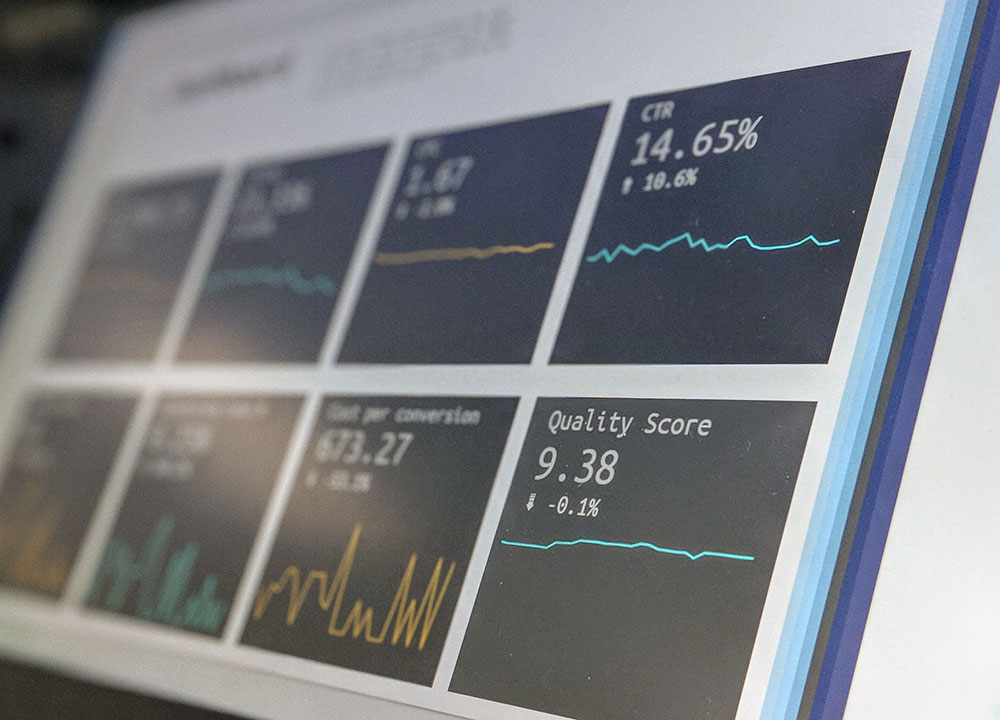
To conclude
Since its emergence, artificial intelligence has, without doubt, proved its utility in business, education, healthcare, and various other areas. Custom software based on AI supports well-informed, long-term decisions that lead to company growth and a better adaptation to the fast-changing reality.
Read more about tailor-made artificial inteligence product development on our dedicated page. You can find their multiple uses and case studies.
